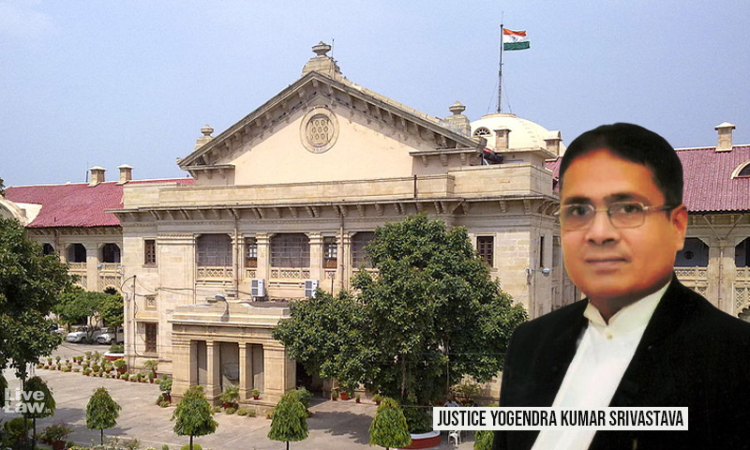Ex-Parte Order Can Be Recalled At Behest Of Necessary Party That Is Non-Party To A Case: Allahabad High Court
Upasna Agrawal
31 July 2023 4:28 PM IST

Next Story
31 July 2023 4:28 PM IST
The Allahabad High Court has held that every Court and Tribunal have inherent power to set aside an ex-parte order as it amounts to ‘procedural review’ and is distinct from the statutory power to review a case on merits. Justice Yogendra Kumar Srivastava held that revenue authorities can recall an ex-parte order, passed without grant of notice or opportunity to the affected party, to...
